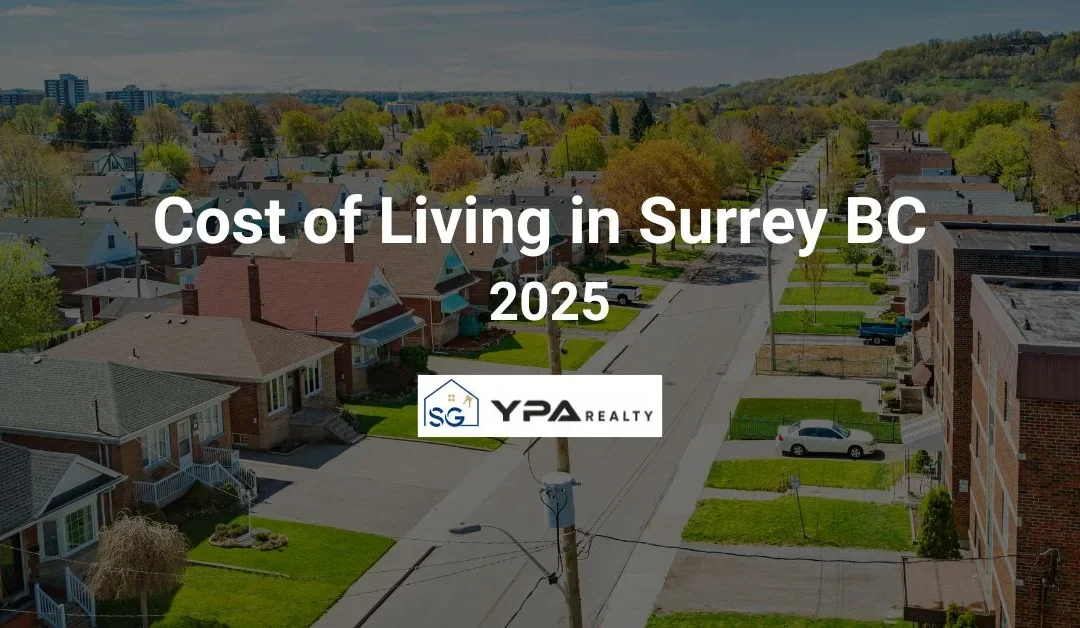Deciding between buying and renting in Metro Vancouver in 2025 is a significant financial decision influenced by various factors, including current market trends, personal financial situations, and future plans. This article explores the advantages and disadvantages of both options to help you make an informed choice.
Buying or Renting in Metro Vancouver
The Current State of the Vancouver Real Estate Market 2025
As we step into 2025, the Vancouver real estate market analysis shows continued growth, with housing prices stabilizing after rapid increases in recent years. Key factors influencing the market include:
- Housing affordability in Metro Vancouver remains a concern, with property prices among the highest in Canada.
- Interest rates have adjusted, impacting mortgage affordability.
- Rental demand is surging, leading to increased rent prices.
As of January 2025, the benchmark price for homes in Metro Vancouver stands at $1,173,000, reflecting a 0.5% increase from the previous year. Detached houses have seen a 3.1% annual rise, with benchmark prices reaching $2,005,400. In contrast, apartment prices have experienced a slight decline of 1.7%, now averaging $748,100.
Read: Surrey Real Estate Market Trends & Housing Prices in 2025
Pros and Cons of Buying a Home in Metro Vancouver

Pros:
- Equity Building: Purchasing a home allows you to build equity over time, potentially leading to long-term financial gains as property values appreciate.
- Stability: Homeownership offers stability, providing a sense of permanence and the freedom to modify your living space to suit your preferences.
- Tax Benefits: Homeowners may be eligible for tax deductions on mortgage interest and property taxes, offering potential financial relief.
Cons:
- High Initial Costs: The upfront costs of purchasing a home, including down payments and closing fees, can be substantial.
- Ongoing Expenses: Homeownership comes with ongoing costs such as maintenance, property taxes, and potential homeowners association fees.
- Market Volatility: The real estate market can be unpredictable, with property values subject to fluctuations that may affect your investment.
Renting in Metro Vancouver: Advantages and Disadvantages
Pros:
- Lower Monthly Payments: Renting can be more affordable in the short term. In Vancouver, the average monthly rent is $3,031, significantly lower than the average mortgage payment of $5,404.
- Flexibility: Renting offers greater flexibility, allowing you to relocate without the complexities of selling a property.
- Reduced Responsibility: Maintenance and repair responsibilities typically fall on the landlord, reducing personal obligations.
Cons:
- No Equity Building: Rent payments do not contribute to personal equity or investment growth.
- Potential Rent Increases: Rent is subject to increase upon lease renewal, leading to potential financial unpredictability.
- Limited Personalization: Renters often face restrictions on property modifications and personalization.
Market Predictions for 2025

The Vancouver housing market is expected to stabilize in 2025, with balanced conditions favoring both buyers and sellers. Declining interest rates are anticipated to boost sales and price growth in the latter part of the year. However, affordability challenges may persist despite these changes.
Making Your Decision
When deciding between buying and renting, consider the following:
- Financial Health: Assess your savings, credit score, and ability to handle potential unexpected expenses.
- Long-Term Plans: If you plan to stay in the area for an extended period, buying may be more advantageous.
- Market Conditions: Stay informed about current real estate trends and forecasts to make a timely decision.
- Personal Preferences: Consider your lifestyle, need for flexibility, and desire for property customization.
Consulting with real estate professionals can provide personalized insights tailored to your situation, helping you navigate the complexities of the Metro Vancouver housing market.
Cost Comparison: Buying or Renting in Metro Vancouver in 2025
When evaluating is it better to buy or rent in Vancouver in 2025, it’s essential to compare costs:
- Renting: Monthly rent for a two-bedroom apartment in Vancouver averages $3,000.
- Buying: A mortgage for a similar property can cost $4,500 per month, including property taxes and maintenance.
While homeownership appears costlier, long-term benefits such as equity growth and tax advantages may outweigh renting.
Consult with SILKY GIRDHAR PREC* for Expert Real Estate Guidance
If you’re unsure whether buying or renting is the right choice for you in Metro Vancouver, consulting with an experienced real estate professional can help you make an informed decision. SILKY GIRDHAR PREC* offers expert guidance tailored to your financial situation, lifestyle needs, and long-term goals.
With deep knowledge of the Vancouver real estate market, Silky can provide personalized insights on property values, mortgage options, and investment opportunities. Contact SILKY GIRDHAR PREC* today to explore your best housing options and navigate the market with confidence!
Conclusion: What’s the Best Choice for 2025?
The decision between renting vs. buying in Vancouver depends on individual financial situations, lifestyle preferences, and long-term goals. If you seek stability and investment potential, buying may be the right move. However, if flexibility and lower upfront costs matter more, renting could be the smarter choice.
For more insights on the Vancouver real estate market 2025, stay updated with expert advice and market trends.
Frequently Asked Question (FAQs)
1. What is the real estate forecast for Vancouver in 2025?
The market is expected to remain competitive with steady price growth and high rental demand.
2. How much will rent cost in Vancouver in January 2025?
Rent prices are projected to rise, with a one-bedroom apartment averaging around $2,500–$3,000 and a two-bedroom around $3,000–$3,500.
3. Is it a good time to buy a house in Vancouver now?
It depends on financial readiness, mortgage rates, and long-term goals. While prices are high, they may continue to appreciate.
4. What is the real estate forecast for Vancouver in 2024?
In 2024, the market showed steady growth with increased interest rates impacting affordability.
5. What are the costs of buying vs. renting in Metro Vancouver in 2025?
Buying involves mortgage payments, property taxes, and maintenance, whereas renting offers lower upfront costs but rising rental prices.
6. What are Vancouver’s average rent prices for a 1-bedroom apartment?
As of 2025, a 1-bedroom apartment in Vancouver costs approximately $2,500–$3,000 per month.
7. What is the average rent for a 2-bedroom apartment in Vancouver?
A 2-bedroom apartment typically ranges from $3,000–$3,500 per month.
8. Has Vancouver’s rent price history shown an increase?
Yes, rent prices have consistently risen over the past decade due to high demand and limited supply.
9. What is the average rent for students in Vancouver?
Student accommodations vary, but shared housing and student apartments range from $1,200–$2,000 per month.
10. Is the Vancouver rental market expected to cool down?
While some reports suggest stabilization, demand continues to drive rental prices upward.
11. Are Vancouver rental prices dropping?
As of now, no significant drop is expected, but market trends depend on economic conditions and housing policies.






0 Comments